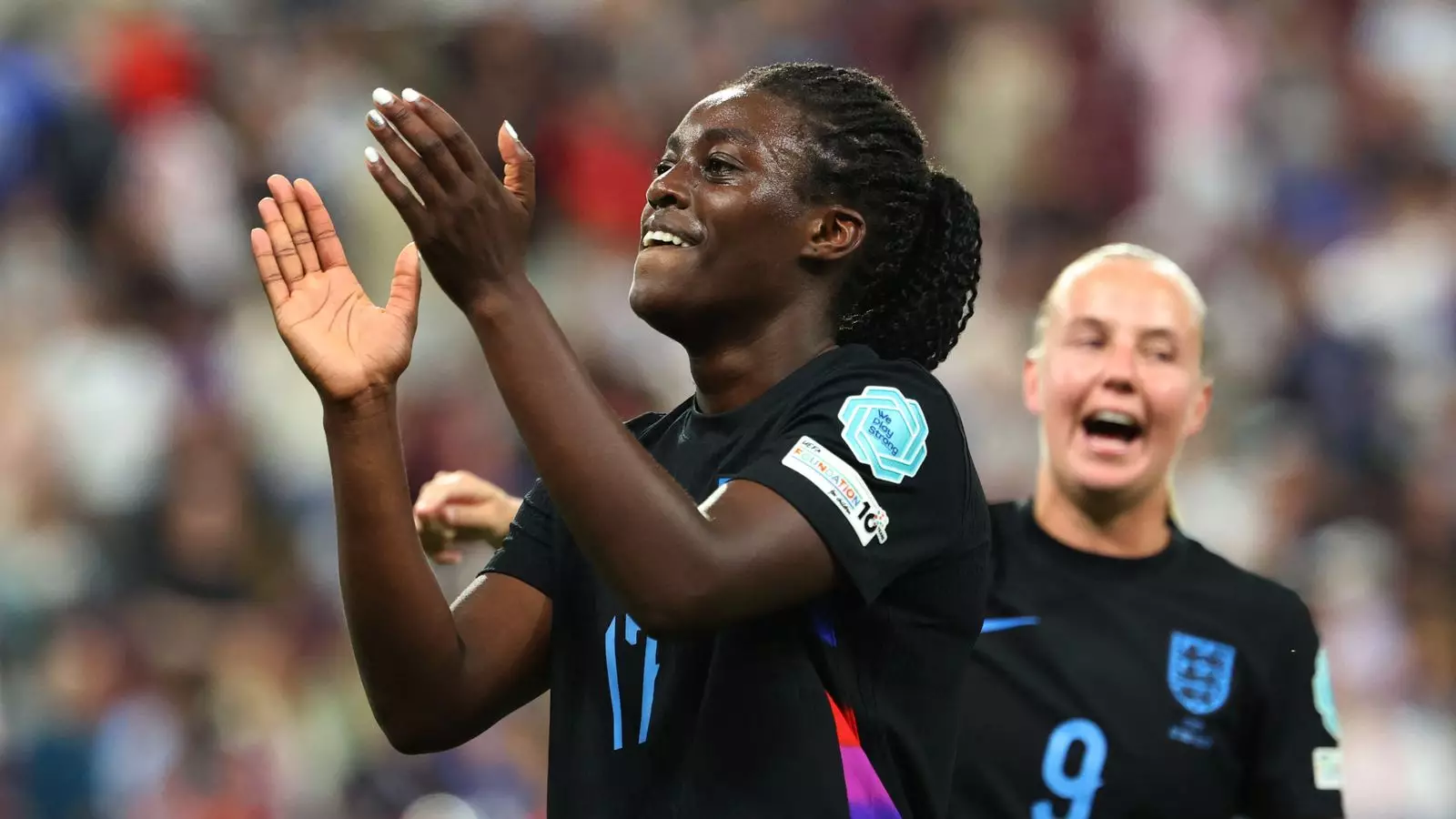The anticipation surrounding England’s Lionesses facing Spain in this crucial final is palpable, yet there’s an underlying sense that the stakes are no longer just about the trophy. Over the years, what once felt extraordinary—women’s football reaching the brink of the pinnacle—has become almost routine for these two powerhouse nations. Their repeated appearances in finals mirror a broader shift: women’s football is shedding its peripheral status and inching toward global prominence. However, this normalization should not diminish the significance of what these teams represent—more than just victories, they symbolize progress in societal attitudes toward gender equality and women’s empowerment. There’s a stark contrast between the historic underachievement of England and Spain’s rise from obscurity, now standing on the cusp of claiming the ultimate prize.
From Underachievement to Dominance
When recounting England’s journey through international football, it’s striking how far the Lionesses have come. Once considered perennial underachievers, they’ve transformed into consistent finalists, challenging the narrative of European and world domination. Their victory at Wembley in 2022 was a watershed moment—proof that women’s football can generate national excitement comparable to the men’s game. Yet, this progress wasn’t accidental; it was rooted in deliberate investments and societal shifts that prioritized female athleticism. Despite the setbacks—like their near miss at the 2019 World Cup—the team’s resilience has become a defining trait. It speaks to a broader cultural awakening: that women’s sports deserve recognition, resources, and respect, and that their achievements elevate societal standards for equality.
Spain’s Rise and the Political Undertones
Spain’s emergence as a formidable contender signals a new chapter in women’s football—one driven not only by sporting aspirations but also by the complex socio-political context. The nation’s recent celebrations of victory extend beyond the pitch, reflecting societal acknowledgment of women’s rights and dignity. Yet, the shadow of controversy looms: the on-field kiss that marred Spain’s celebrations and spurred national introspection about respect and gender dynamics. It is a stark reminder that gender equality is multifaceted, intertwined with cultural norms and societal expectations. For Spain, this final is not just about glory; it is about demonstrating progress and continuing efforts to foster respect and dignity within and outside the football community.
The Fight for Respect and Societal Change
The rising prominence of women’s football has been turbocharged by societal movements demanding equal rights. Irene Paredes’s comments exemplify this: her acknowledgment that progress is ongoing and that sports champions can influence societal perception. Winning the European Championship provides more than a shiny trophy—it bolsters a movement that champions fair treatment, better opportunities, and respect for women. Recognizing this broader significance is essential; victories on the field should inspire structural reforms that ensure women aren’t just celebrated briefly during tournaments but are supported consistently well beyond the final whistle.
The Future of Women’s Football: Beyond the Final
As both teams prepare for what’s likely to be a fiercely competitive match, the real victory lies not solely in the trophy but in what their success signifies for future generations. Their stories serve as catalysts, challenging outdated stereotypes and inspiring young girls worldwide to dream bigger. However, it’s crucial to remain critical of complacency—status quo attitudes can threaten to stall progress if victories are treated as ends rather than milestones. The trajectory of women’s football depends on a collective commitment to pushing boundaries, challenging systemic inequalities, and fostering a culture where women in sport are valued as equals, not just as a novelty. This final represents a pivotal moment—a proving ground for societal change, as well as sporting excellence.


Leave a Reply